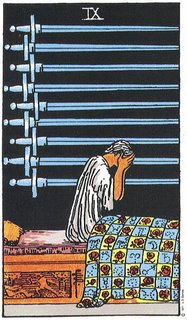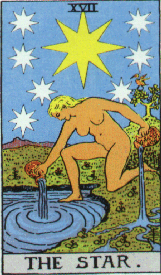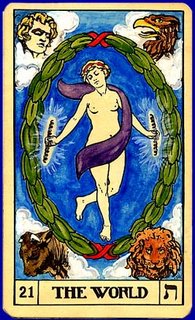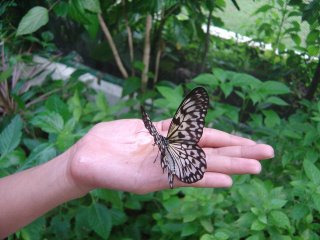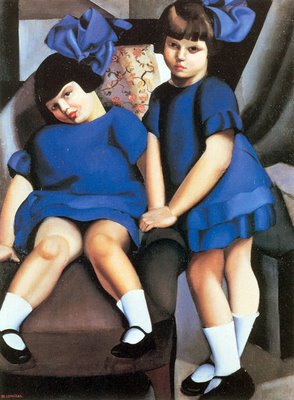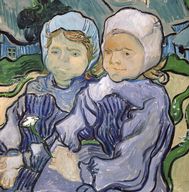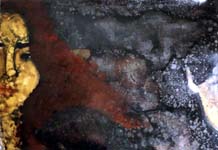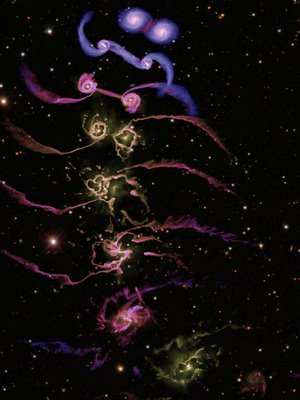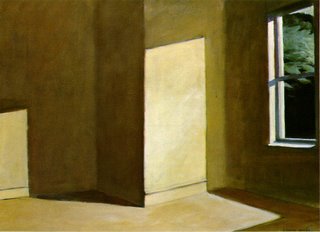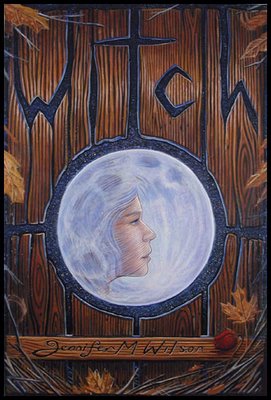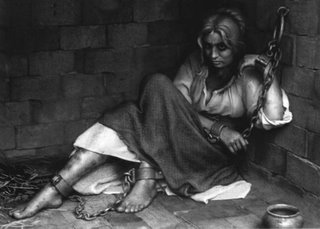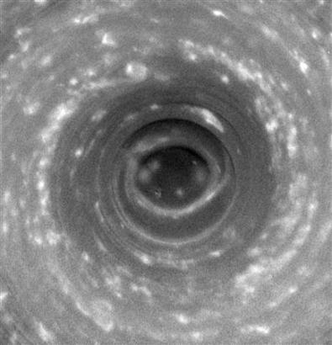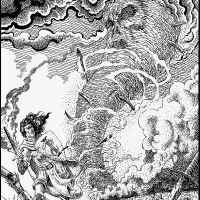 By Laura Stamps
By Laura StampsRestless from her puzzling tarot card
reading, Ravena decides to drive
downtown and explore the neighbor-
hoods clinging to the mountains of
the city. Each narrow street hugs
the curve of a mountain, while drive-
ways shoot up at an angle or plummet
straight down. On the sloping side
of the street, mailboxes rise higher
than the roofs of homes that sprawl
large and spacious, most perched
on stilts, each with a wooden bridge
leading from the front door to the
road. High fences and thick masses
of trees and shrubbery surround the
mansions at the top of the mountains,
some resembling castles carved from
rock, painted in sunny pastel shades.
Winding through these mountain
neighborhoods, Ravena realizes
she must keep her mind focused
on the last tarot card, The World,
if she hopes to discern its meaning
in her life, to manifest its prophecy
of success and abundance. Quickly
she creates a chant for her intent:
“Wise Athena, thank you for your magic.
Open my eyes, guide this blessed chant.
Abundance and success shall manifest.
The World will bring me only the best.”
Wild onions bow their heads to the
setting sun as Ravena walks back
to her room after dinner, every step
a tonic for cramped muscles after
a long day of driving. Rain curtains
one of the mountains, and the dark
sky reflects the same shade of gray
she chose when painting the deck
last spring. Instantly, clouds part
for the sun, and a rainbow stencils
its bright hoop over the murky sky
in scarlet, tangerine, yellow, green,
blue, indigo, and violet, this looping
spectacle so wide Ravena finds
color variations smudged in between
the usual spectrum. For several
minutes the rainbow towers before
her, a perfect semicircle. One side
closed, the other forever open.
When she walks through the door
of her hotel room the telephone
rings. “I know you’re coming home
tomorrow, but I couldn’t wait,” Odell
says, his voice laden with misery.
“I feel awful.” Sitting on the edge
of the bed, Ravena asks, “Are you
ill?” Odell groans. “No, not really,”
he replies. “It’s just that everything
bothers me.” Ravena smiles, glad
he can’t see her expression. “Could
you do a healing spell for me?” he
asks. “Anything, please, I’m so tired
of this.” Ravena laughs. “It’s not
funny!” Odell shouts, frustrated.
“I know,” she replies, thinking about
 The Star. “This reminds me of a
The Star. “This reminds me of atarot card I drew last night.” She
reaches for her bag of magical tools
and unzips the top. “I’ll be happy to
cast a healing spell for you, Sweet-
heart,” she says. “Great,” he replies,
and begins to complain about his job
and the cats as he walks into the
kitchen to search the freezer for
a snack. “Honey,” Ravena says,
“we need to cover all the magical
bases.” She hears him open the
freezer door. “Before leaving for
work tomorrow, go into my office,
open my cabinet of magical supplies,
and find a short length of red ribbon,”
she says. “All the ribbons in there
have been blessed with holy water.”
Odell pries the top off a cardboard
container of soy ice cream. “Pin it
to your shirt pocket to ward off the
Evil Eye,” Ravena continues. Odell
scrapes the last spoonful of ice cream
from the carton and throws it in the
trash. “Okay,” he replies, smacking
his lips. “I can do that.” Ravena
smiles at his sudden cooperation.
“Then I’ll cast a healing spell for
you tonight, and you’ll feel much
better tomorrow morning,” she says.
“I hope so,” he moans. “Love you.”
And he hangs up. Ravena drags the
tool bag across the bed and turns it
over. She fills a tiny green amulet
pouch with a pinch of dried fennel,
geranium, rosemary, and lavender
for healing. Then adds five beans
and two charms, a silver hand
and a crescent moon, both power-
ful repellents of the Evil Eye.
It worries her that some people
possess the ability to send the Evil
Eye to another without realizing it.
“Odell has been cranky for so long,
who knows how many people
he’s offended?” Ravena mutters,
closing the amulet pouch with
a red cord long enough for Odell
to wear it around his neck, hidden
 beneath his dress shirt and vest
beneath his dress shirt and vestevery day. She places the amulet
on the bed and casts a sacred
circle, waving her wand over it
three times in a clockwise direction,
seeking the healing magic of Isis.
“I call on the power of Isis,
Great Goddess of Restoration.
Heal Odell’s troubled mind.
End the root of this strife.
Hide him from the Evil Eye.
Under your wings I place him.
Please grant my supplication.”
She thanks the Goddess and opens the
circle. Energized from Odell’s call and
the power she summoned for this spell,
Ravena rolls over on the bedspread,
closes her eyes, and pulls light from the
table lamp into her body, using it to relax
her muscles, until she dissolves into
a river of star-shine, the three tarot
cards dancing upon a mystical horizon.
READ THE CONCLUSION TO "THE THREE TAROT CARDS" on Saturday, December 2, 2006.
Laura Stamps (www.kittyfeatherpress.blogspot.com) is an award-winning poet and novelist. Over seven hundred of her poems and short stories have appeared in magazines worldwide. Winner of the "Muses Prize Best Poet of the Year 2005" and the recipient of a Pulitzer Prize nomination and six Pushcart Award nominations, she lives in South Carolina and is the author of more than 30 books and chapbooks of poetry and fiction.


